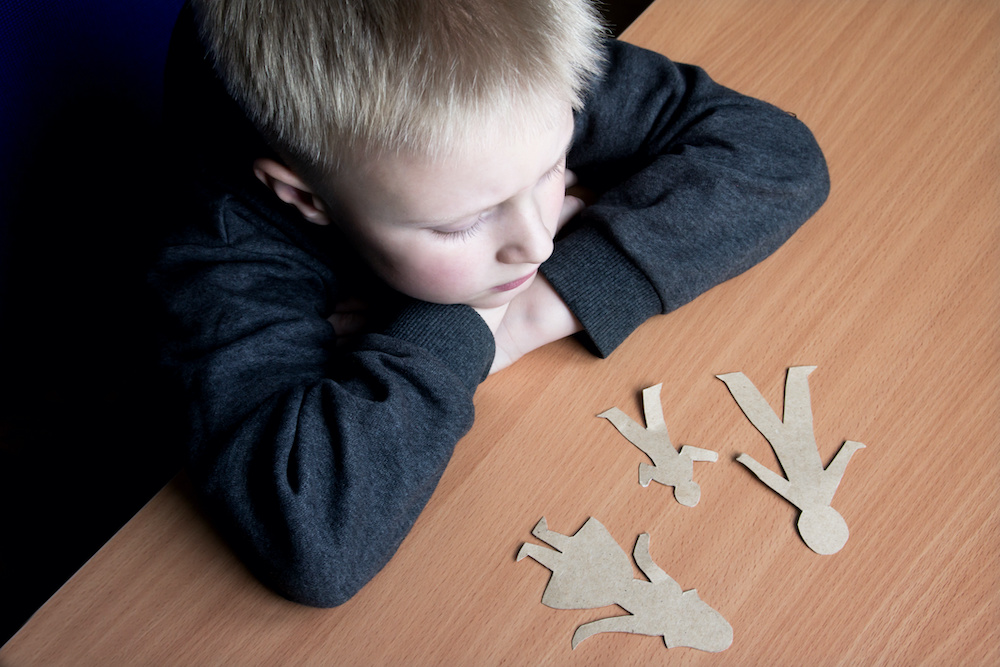Are the Kids Really Alright?
As a mediator who works with quite a few divorcing parents with children, I often hear that familiar phrase: The kids are all right. They seem to be doing well in school, they seem to be handling the separation well and, quite simply, they seem normal. As a result, parents in mediation typically focus on financial issues, such as asset division and support. Although they love their children as much as any other parents, they tend to assume that their children really are all right and, because of the enormous stress of the divorce process itself, they don’t look much deeper. But the fact is that all children suffer when their parents divorce. Some kids are obviously more resilient than others, but they all struggle to some degree. The key is to not take the kids’ seemingly normal behavior at face value.

As Dr. Gordon Neufeld has pointed out, we as human beings have developed the capacity to tune out our feelings when coping with stressful or traumatic situations. As a result, the more we are subjected to stress, the less we feel it. Dr. Neufeld explains:
When children lose their feelings, they perform better in stressful and wounding situations. When children lose their feelings, they seem less troubled, less upset, less concerned, less impacted. When children lose their feelings, they can seem to most adults, experts included, that they are actually doing better.
Thus, children who seem to be doing fine may actually be handling the stress, pain and even trauma of their parents’ divorce in the way that Dr. Neufeld predicts: by distancing themselves from their feelings.
This means that parents, lawyers, mediators and anyone else who is part of the divorce process must be sensitive to the subtle signs of children who may not in fact be doing all right. However, because this is beyond the training of most divorce professionals, it may make sense to refer parents to a qualified parenting consultant, such as Patty Wipfler, founder of Hand in Hand Parenting. She recommends engaging in “special time,” in which parents dedicate a specific amount of time, say 20 minutes, doing whatever their children want to do. The resulting parent-child connection will often lead to the surfacing of children’s hidden anxieties, hurts or grief. Similarly, “play listening” and “stay listening,” in which parents play with and/or listen to their children with undivided attention and without any agenda, can lead to a deep and trusting parent-child connection that allows children to feel safe expressing their feelings. Again, these and similar recommendations should come from a qualified parenting coach. Divorce professionals should, at a minimum, alert divorcing parents that their children may be hiding their true feelings and encourage them not to take their kids’ seemingly normal behavior at face value. While kids may appear to be doing all right, they may need help dropping their protective armor and getting to the tears and the fears that lurk beneath—not so they can suffer, but so they can heal.
Stephen H. Sulmeyer, J.D., Ph.D., joined JAMS as a full-time neutral after nearly 20 years as a mediator in private practice. He has a dual background as a commercial and intellectual property litigator as well as a clinical psychologist, specializing in the settlement of disputes involving professional and intimate relationships.
Disclaimer:
This page is for general information purposes. JAMS makes no representations or warranties regarding its accuracy or completeness. Interested persons should conduct their own research regarding information on this website before deciding to use JAMS, including investigation and research of JAMS neutrals. See More
